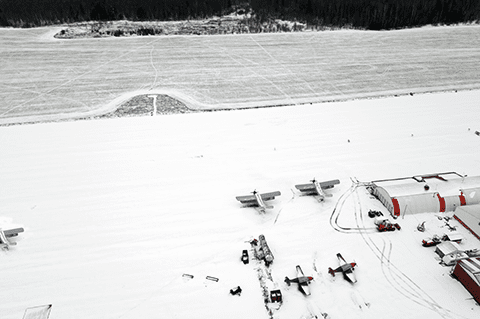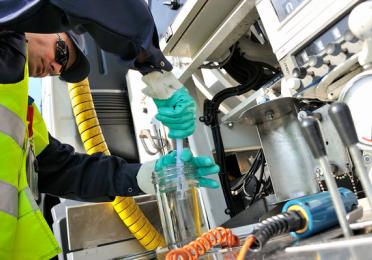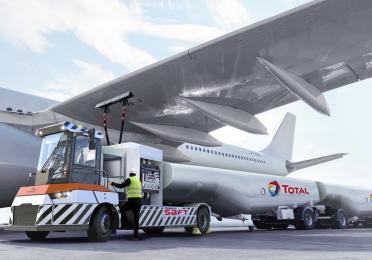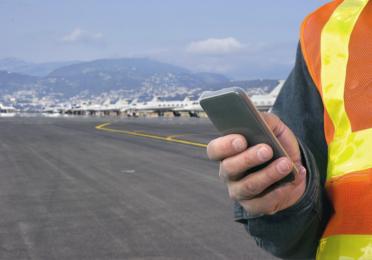Winter, the right season for aircraft maintenance

With winter on its way, it’s time to protect, maintain and repair your aircraft. Flights are fewer during this season, often due to bad weather conditions, and cold weather also means taking certain precautions in terms of maintenance and preparation. Thierry Amar, the renowned aerobatics pilot and instructor at the Hérault Occitanie flying club in Montpellier, gives his best advice on the subject
Continuing airworthiness: regulatory requirements
There are a lot of regulations and laws on aircraft maintenance in the light aviation industry that are aimed at ensuring the safety of pilots and passengers as well as other aircraft encountered or populations overflown: this is part of what is known as "continuing airworthiness". At European level, responsibility for maintenance enforcement lies with the European Union Aviation Safety Agency (EASA). The supervisory authorities in France are the Airworthiness and Operations Directorate of the Civil Aviation Safety Directorate (DSAC/NO) and the Civil Aviation Safety Organisation (OSAC). Depending on the type of aircraft, the rules and the supervisory body differ. For instance, a light aircraft designed to carry a few passengers is not subject to the same obligations as an aircraft that is more than 51% amateur-built. Lastly, it’s worth remembering that a lot of maintenance operations must be carried out by a certified organisation or mechanic.
Maintaining and protecting an aircraft over winter
Changing the engine, inspecting the propeller or maintaining the airframe are all operations that need to be carried out on a regular basis. The winter season is just the right time for maintenance since most planes aren’t flown as often due to weather conditions or shorter days. "An engine change requires 4 to 6 weeks of downtime. Doing it in the middle of summer means cutting the flying season short, especially in aerobatics where aircraft are not interchangeable," explains Thierry Amar. Even for minor servicing jobs, contacting a mechanic is sound practice. "Each to his own. A lot of flying clubs have a mechanical workshop, which means that maintenance can be carried out on-site. When a shop isn’t available, you have to take your plane to the nearest mechanic. This is what the Millau flying club does, with regular servicing trips to the Montpellier region." In addition, don’t scrimp when it comes to maintenance. Admittedly, the price of some spare parts can be a deterrent. "For light aviation, these spares are manufactured in short production runs, which explains the high costs. But there’s no price on safety!" Lastly, when a plane is grounded for winter, you also have to think about protecting it. Whenever possible, overwintering in the hanger is best, otherwise use a tarpaulin: moisture and cold can damage the aircraft.
Winter flying: the precautions to take
In very cold weather, some procedures are essential before taking off. "First and foremost, cover up warmly if you’re flying a plane that has no heating, like aerobatic aircraft. When we fly to Courchevel in the mountains, we practically take off in our ski suits!" Another critical point is making sure you comply with engine warm-up time. "Some flying clubs charge users for this time, which is a pity because they tend to want to take off quickly before warm-up time is actually over. This is a risk." And whenever required, it’s important to completely deice the aircraft before departure. "There are rules and technical knowledge you need to have. But in addition to the theory, you also need to exercise common sense. Common sense is part of a good pilot's attitude!"
"We’ve got a great thing going with Total"
With 350 members including 20 top-level acrobats, the Hérault Occitanie flying club enjoys a sound reputation. In addition to professional aerobatics, the club also caters to leisure aviation and aerobatics. The club has partnered with Total more than 10 years. "It’s a very friendly relationship: their teams provide help and support, which has even empowered some of our pilots to fly competitively. I’d say that we have truly aeronautical ties, based on sharing the same enthusiasm and the determination to stay in the game."





